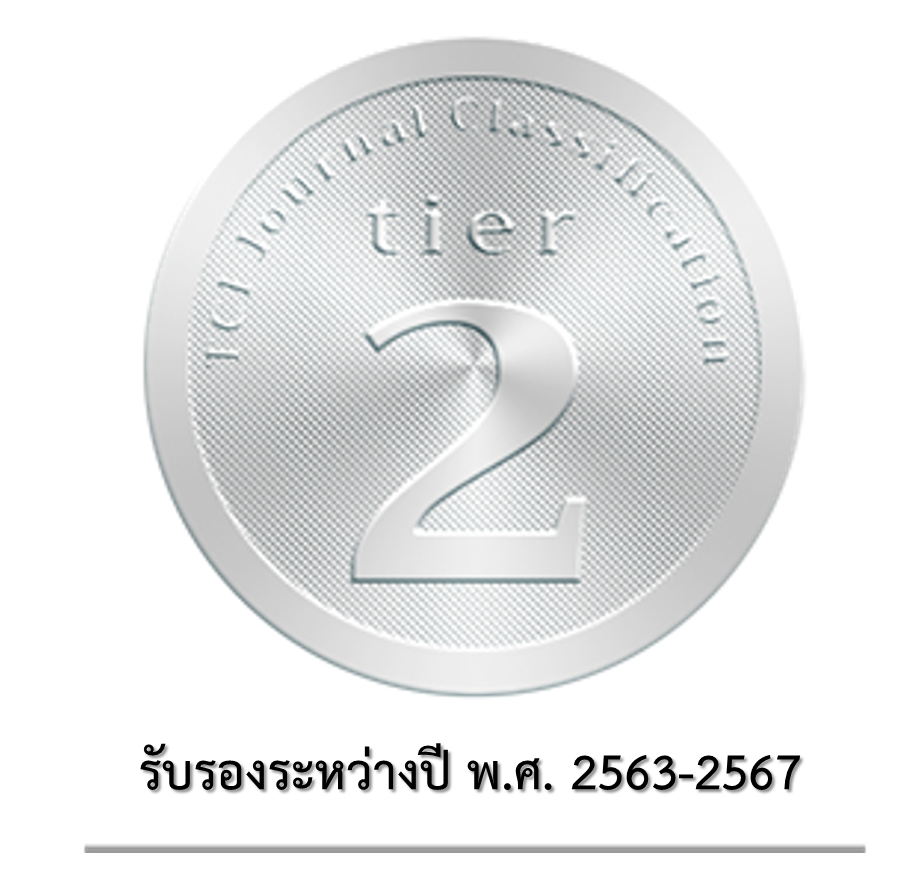Information Management System in Relations to The Learning Organisation Characteristics, Ratchaburi Primary Educational Service Area Office 2
Keywords:
Information Management System, Organisation of LearningAbstract
The objectives of this research were to: 1) study the information management system of schools in Ratchaburi Primary Educational Service Area Office 2 as well as the characteristics of a learning organisation; 2) compare information management system and learning organisation characteristics in different sizes of schools operating under Ratchaburi Primary Educational Service Area Office 2; and 3) study the relationship between information management system and learning organisation characteristics of those schools. Sample used in research were 107 out of 148 schools operating under Ratchaburi Primary Educational Service Area Office 2. The sample size was selected based on krejcie & Morgan table at a 95 percent confidence level. Afterwards, stratified Random Sampling was used to determine the samples of which 48 small schools, 56 medium-size schools, and 3 large schools were selected. Data collection implemented using a 5 scale rating questionnaire with a reliability of .963. The analysis was developed via the use of frequency, percentage, mean, standard deviation, one-way ANOVA, and Pearson’s correlation coefficient. The results found: 1) The information management system and learning organization characteristics were both found at a high level on the overall. 2) Different school sizes do not incur differences in information management system or learning organization characteristics; and 3) There is a positive relationship between information management system and learning organization characteristic at a statistical significance of .01.
Downloads
Published
How to Cite
Issue
Section
License

This work is licensed under a Creative Commons Attribution-NonCommercial-NoDerivatives 4.0 International License.



